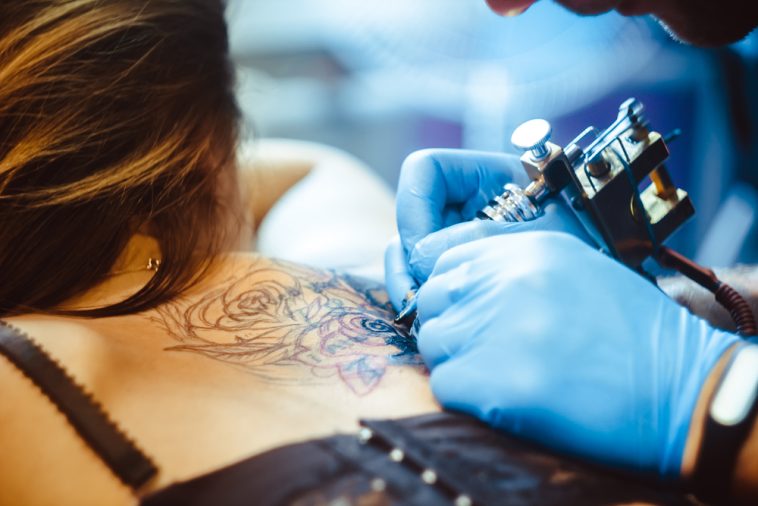
Tattoos and Lymphoma: What the Latest Research Reveals
The Study’s Findings and Implications
A recent study conducted by Lund University’s research team in Sweden reveals that individuals with tattoos may have a greater risk of developing malignant lymphoma, which affects the lymphatic system. However, experts caution that further investigation is needed to establish a definitive link between tattoos and cancer. Researchers analyzed data obtained from the Swedish National Cancer Register, focusing on individuals between the ages of 20 and 60.
The study found that 21% of 1,398 patients with lymphoma and 18% of 4,193 cancer-free participants surveyed in 2021 had tattoos. Notably, the risk of developing lymphoma was 21% higher among the tattooed population. The risk of lymphoma was highest in individuals with less than two years between their first tattoos.
Initially, researchers speculated that the size of tattoos might impact the risk of lymphoma. They considered that individuals with full-body tattoos might face a higher risk than those with smaller tattoos. However, upon analysis, they found no correlation between the surface area of tattoos and the risk of malignant lymphoma.
The study’s lead researcher, Christel Nielsen, PhD, shared,” The picture is thus more complex than we initially thought. We do not yet know why this was the case, [and] can only speculate that a tattoo, regardless of size, triggers a low-grade inflammation in the body, which in turn can trigger cancer.”
The Need for Further Research and Caution
Dr. Nielsen noted that more research is necessary to understand the potential long-term health implications of tattoos fully. The research team plans to conduct a comprehensive evaluation to investigate possible correlations between tattoos, various types of cancer, and inflammatory diseases.
As the research continues, experts urge caution, especially among Black women. Black women are more prone to getting tattoos, exceeding rates among other ethnic groups. A 2023 study by Pew Research found that 39% of Black Americans have tattoos, followed by Hispanic (35%), White (32%) and Asian Americans (14%).
Black Women and Lymphoma Risk
While the occurrence of malignant lymphoma is relatively low among Black women, a 2017 study revealed that they are more prone to displaying high-risk characteristics of follicular lymphoma, a low-grade form of non-Hodgkin’s lymphoma (NHL). Follicular lymphoma frequently manifests as white blood cells clumping together to create lumps in lymph glands or organs, occurring predominantly among Black women under the age of 45.
Unfortunately, Black women face a higher risk of developing other forms of cancer, such as breast cancer. According to the American Cancer Society, they are 41% more likely to die of breast cancer than white women, despite being less frequently diagnosed. Additionally, concerning rates of early-onset colorectal and lung cancers are on the rise among Black women, as reported by the CDC.
Expert Recommendations
Considering the potential health implications of tattoos, experts recommend taking precautions before getting a tattoo. It is crucial to select a reputable and clean tattoo artist. If you already have a tattoo, it is essential to monitor its condition over time. If you experience symptoms like unusual rashes, lumps, or growth around the tattooed area, turn to your healthcare provider immediately. The medical professionals can perform diagnostic tests like biopsies to rule out the possibility of lymphoma or other forms of cancer.
Conclusion
The research around malignant lymphoma and tattoos is an ongoing subject of study, and more research is needed to fully comprehend any correlation. However, early findings suggest that people who have tattoos may have a higher risk of developing lymphoma. Therefore, it’s important to take sufficient precautions and monitor the condition of tattoos and look out for any signs of illness or discomfort.
Originally Post From https://madamenoire.com/1365436/malignant-lymphoma-tattoos-black-women/
Read more about this topic at
Tattoos may increase blood cancer risk by 21%
Tattoos as a risk factor for malignant lymphoma
